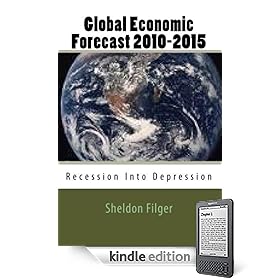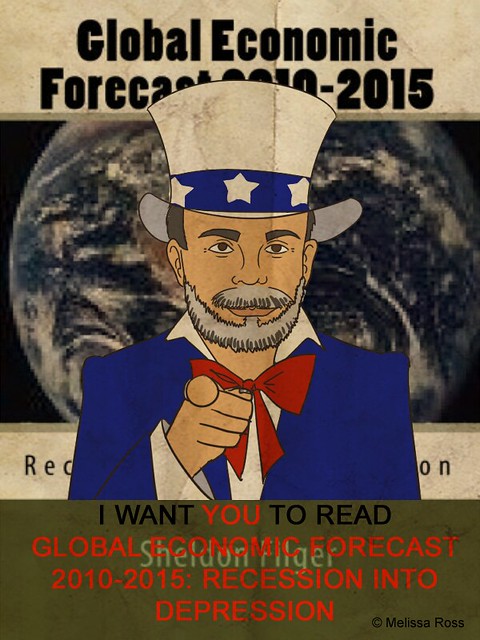New Fed Chair Janet Yellen Faces Global Financial Woes From Tapering
With Ben Bernanke now gone (but not forgotten), Janet Yellen replaces him in the role of being the most important central banker on the planet. However, Ms. Yellen does not begin her role as the first woman to serve as chair of the U.S. Federal Reserve at the most auspicious of times.
In its latest version of quantitative easing, the Fed had been purchasing 85 billion dollars a month of bonds with money it prints at will, seeking to keep the economy afloat and interest rates artificially low. However, even the architect of this program, Bernanke, knew that this avalanche of manufactured liquidity was unsustainable in the long term. Thus, the Fed began a process known as “tapering,” in effect, slowly winding down the bond buying program and hope and pray that the world financial system doesn’t come apart at the seams.
Thus far, the bond purchasing program has been modestly reduced, initially to 75 billion dollars each month, with an announcement of a forthcoming reduction to 65 billion dollars per month. Despite these modest efforts at tapering its vast money printing operation, the Fed’s moves have already initiated global panic, reflected in wild volatility in equity exchanges all across the world. Stock markets, bloated by easy money printed by the Federal Reserve, are showing their fragility even during this initial, early period of monetary tapering.
Even more worrisome than the wild swings on Wall Street and many other stock markets has been the impact of tapering on major emerging markets. At its peak, quantitative easing had the effect of putting into the hands of major investors cheap money, but with virtual zero interest rates at home . The result of all this was to send this horde of cheap U.S. dollars overseas, where a higher rate of return was offered by riskier emerging markets. However, the onset of tapering points to higher interests rates in the future for the U.S. economy, leading to the start of a process of repatriation of those cheap dollars back to the United States. As the process begins, emerging markets are already feeling the pinch, with nations such as Turkey, Brazil and South Africa beginning to incur fiscal pressure, leading to significant runs on their currencies concomitant with a rise in interest rates.
Fed Chair Yellen will now face the daunting task of unwinding the monetary mess created by her processor, supposedly for the purpose of saving the U.S. economy from the mistakes made by past policymakers, including former Fed Chairman Bernanke. As we are witnessing with the increasing fragility of emerging markets, the future policies of Yellen will have a decisive impact on the entire global economy, for good or ill.
If Hillary Clinton runs for President of the United States in 2016, see the video about the book that warned back in 2008 what a second Clinton presidency would mean for the USA:
Hillary Clinton Nude
Hillary Clinton Nude
HILLARY CLINTON NUDE







